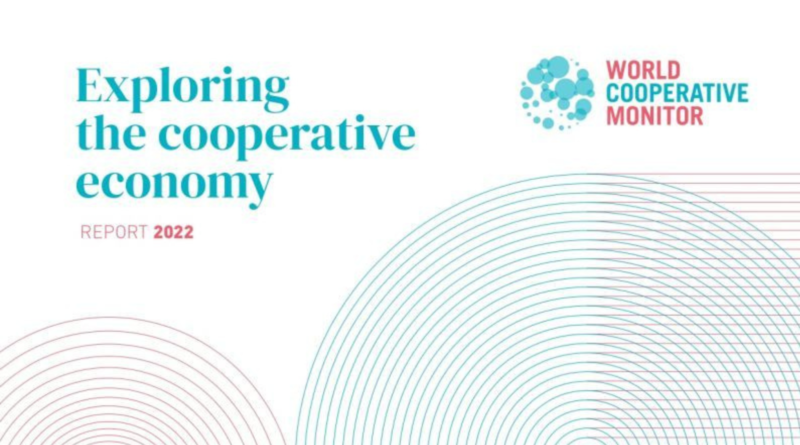World Cooperative Monitor 2022: Four worker cooperatives in the top 300 of cooperatives
11 January 2023
The latest issue of the World Cooperative Monitor explores the economic and social impact, and the digitalization of the largest cooperatives and mutuals worldwide.
On the 1st of December 2022, the International Cooperative Alliance (ICA), together with European Research Institute on Cooperatives and Social Enterprises (EURICSE), released the 2022 World Cooperative Monitor (WCM) report during a worldwide webinar.
As the ICA describes it, the WCM is “A process of data collection, integration, and analysis, culminating in the creation of a regularly updated database containing economic, employee, and other social data to monitor and demonstrate both the economic and social impact of the largest cooperatives worldwide.”
The 2022 issue of the World Cooperative Monitor investigates the changes the pandemic prompted in the use of digital tools, alongside a ranking of the Top 300 cooperatives, as well as sector rankings, and other useful indicators and materials.
In the Top 300 world ranking by turnover in USD, the three worker cooperatives that made the list are: Mondragon Corporation in 37th place, Fundación Espriu in 207th place, and SACMI in 292nd place. The top 300 world ranking by turnover per capita adds in a fourth worker cooperative: ULCCS from India in the 172nd position.
The data collected for the 2022 edition of the WCM is from the year 2020. The WCM describes its primary sources of data as a collection of annual and sustainability reports, existing databases of economic data, data collected by national associations, research institutes, and other organizations, and the use of a questionnaire to collect data directly from enterprises.
In addition to the WCM report, an extract was published titled “Large cooperatives: Digitalization, participation, and democracy”. This extract explores the ways in which large cooperatives tackled their digitalization process, including the participation of members.
CICOPA members were showcased in the extract: the Organization of Brazilian Cooperatives (OCB), the Italian cooperatives Confcooperative, Legacoop, and the Argentinian Federation of Technology Cooperatives (FACTTIC).
The document also highlights the limits of digitalization when it comes to engaging with members. Indeed, while digital tools allow to increase the accessibility of certain meetings or events, they also show limitations in engaging certain categories of members unfamiliar with the use of technologies. From the experiences surveyed, the extract concludes that digitalization might not totally reshape how cooperatives engage with their members, but it will expand the participation methods that cooperatives employ currently.
For more information about the WCM, detailed charts, data on Education, Health and Social sector cooperatives, and other service cooperatives please find the executive summary here, the full report here, and the extract here.

